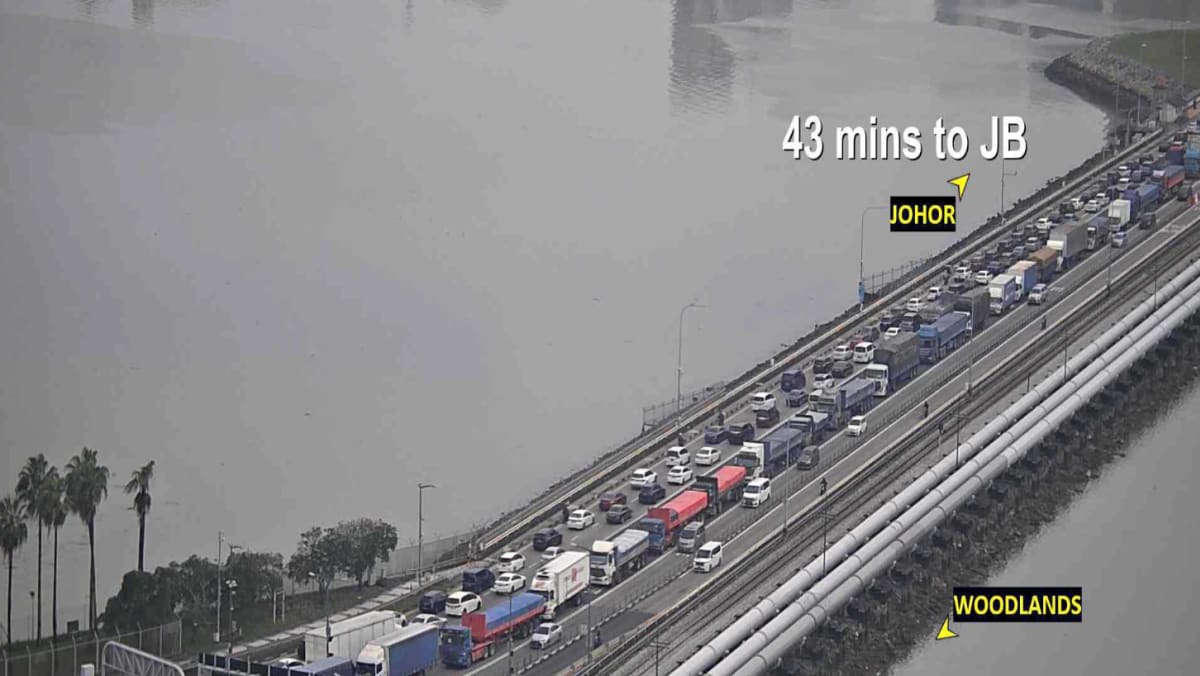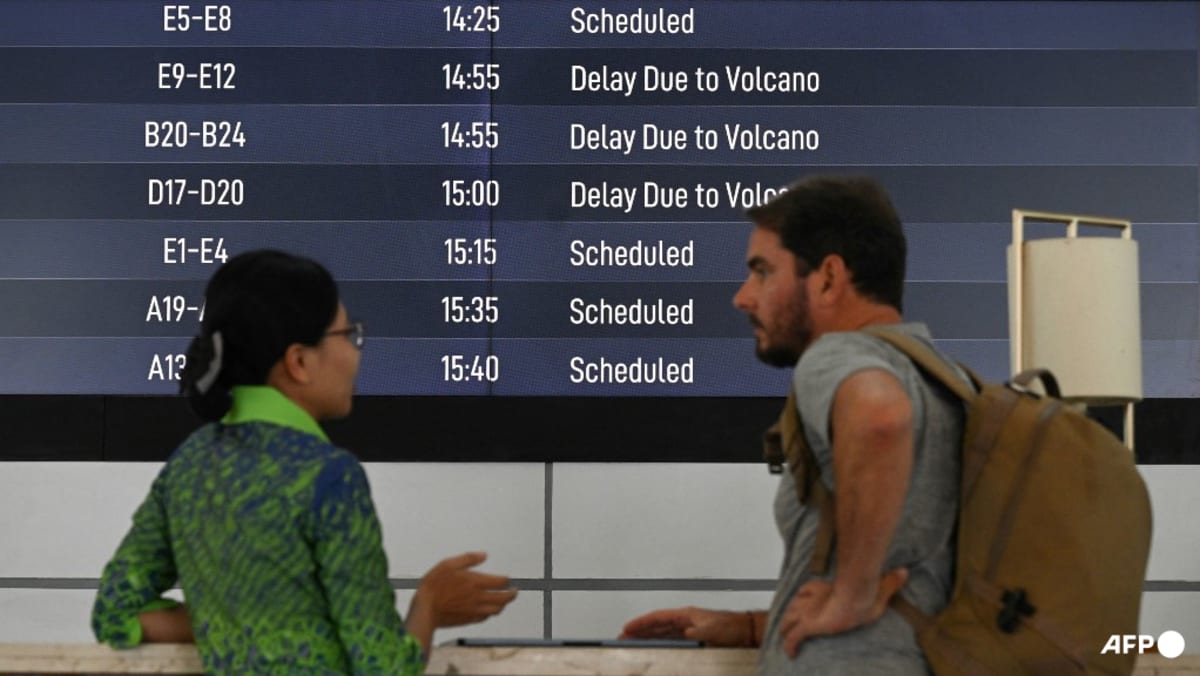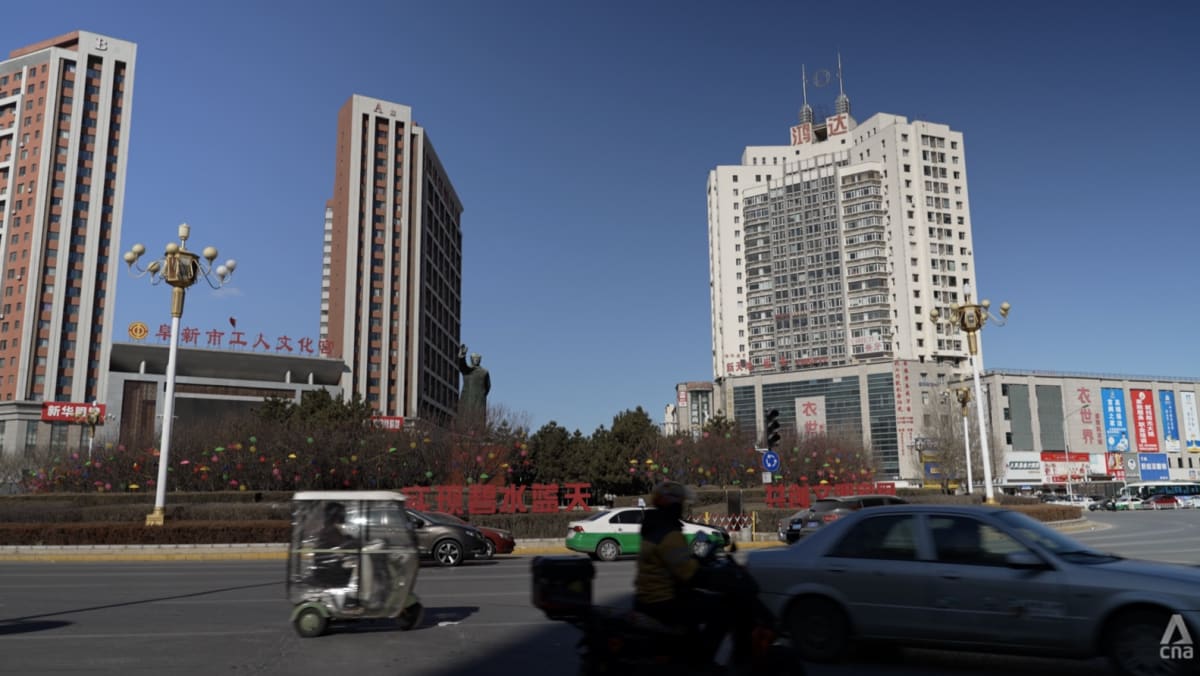Amid cybersecurity concerns, Malaysia launches central database aimed at refining targeted subsidy handouts

SINGAPORE: As part of a move towards refining its targeted subsidy approach, Malaysia has launched a Central Database Hub (PADU) that houses comprehensive information on its citizens and permanent residents which can be accessed by all government agencies, amid data security concerns.
Launched on Tuesday (Jan 2), Prime Minister Anwar Ibrahim said that PADU will ensure that only those who are in need of government subsidies will obtain them.
“(The system will) guarantee that benefits … will be enjoyed by those who are entitled to receive them. And of course, … (this will) reduce costs (and) … (financial) leakages,” he said.
“Without PADU (and) effective implementation, there will be too many (financial) leakages and fraud.”
As an example, Mr Anwar noted that the Malaysian government could save more than RM4 billion (US$870 million) by excluding foreigners and the rich from being granted electricity subsidies through the use of PADU.
During his Budget speech in Parliament in October last year, Mr Anwar said that his administration will begin a targeted approach in the disbursement of subsidies from 2024 onwards.
The move was made as a way to tackle Malaysia’s broad-based subsidies – in areas like fuel – that have negatively impacted government coffers.
According to local media, Economy Ministry secretary-general Nor Azmie Diron said during the launch of PADU that the system will act as a centralised reference housing comprehensive details on individuals, including demographic data and specifics on education, health, household income, and whether a person has received social assistance.
Economy Minister Rafizi Ramli stressed during his speech on Tuesday that “PADU will allow for more accurate data analytics as all government agencies will be aware of any change in the data of each citizen and household”.
The information on the integrated database – which Mr Rafizi encouraged all citizens to review and update – “will improve the mechanism for determining target groups, streamlining delivery channels and enabling more effective program implementation”.
Members of the public have until March 31 later this year to update their information on the database.
“God willing, PADU will help the government to provide a more accurate measurement of the socioeconomic position of the people and avoid misidentification based on (a person’s) net disposable income,” he said during his speech on Tuesday.
Noting cybersecurity concerns, Mr Rafizi said that measures have been adopted to protect the data in PADU.
“When the government has data of this size, the risk in terms of data intrusion and data security is a (significant concern) … The development of PADU (has taken) into account all aspects related to system security risks and classified information breaches,” he said.
He added that measures adopted include establishing comprehensive standard operating procedures (SOPs) as well as strategic cooperation between groups – namely the National Cyber Security Agency (NACSA), the Office of the Chief Government Security Officer (CGSO), CyberSecurity Malaysia and the Department of Personal Data Protection (PDP).
“The government has also appointed a group of independent experts with expertise in various fields who act as a check and balance in ensuring that PADU’s development includes the latest and best safety features,” said Mr Rafizi.
Last year, Malaysia saw a series of data breach attempts on some of its government agencies.
On Dec 8, 2023, Malaysia’s social security organisation (SOCSO) confirmed a cyber attack on its systems, database and websites since Dec 2 that year. According to the Malay Mail, the organisation said that it had also experienced an attempted data breach in September.
And according to a CyberSecurity Malaysia report, the government sector saw the highest number of data breaches in the first half of 2023, making up 22 per cent of all data breaches in the country.
Source: CNA














